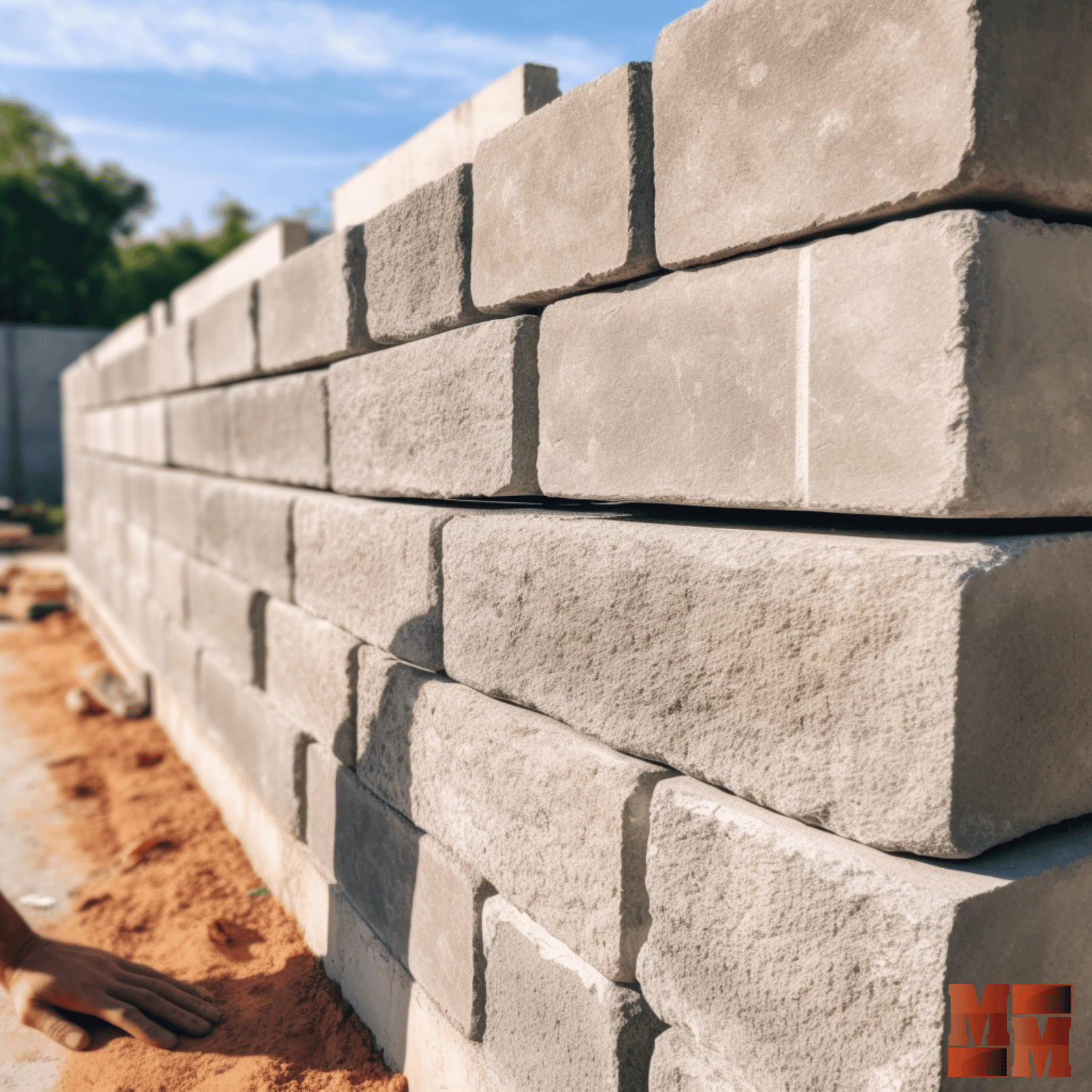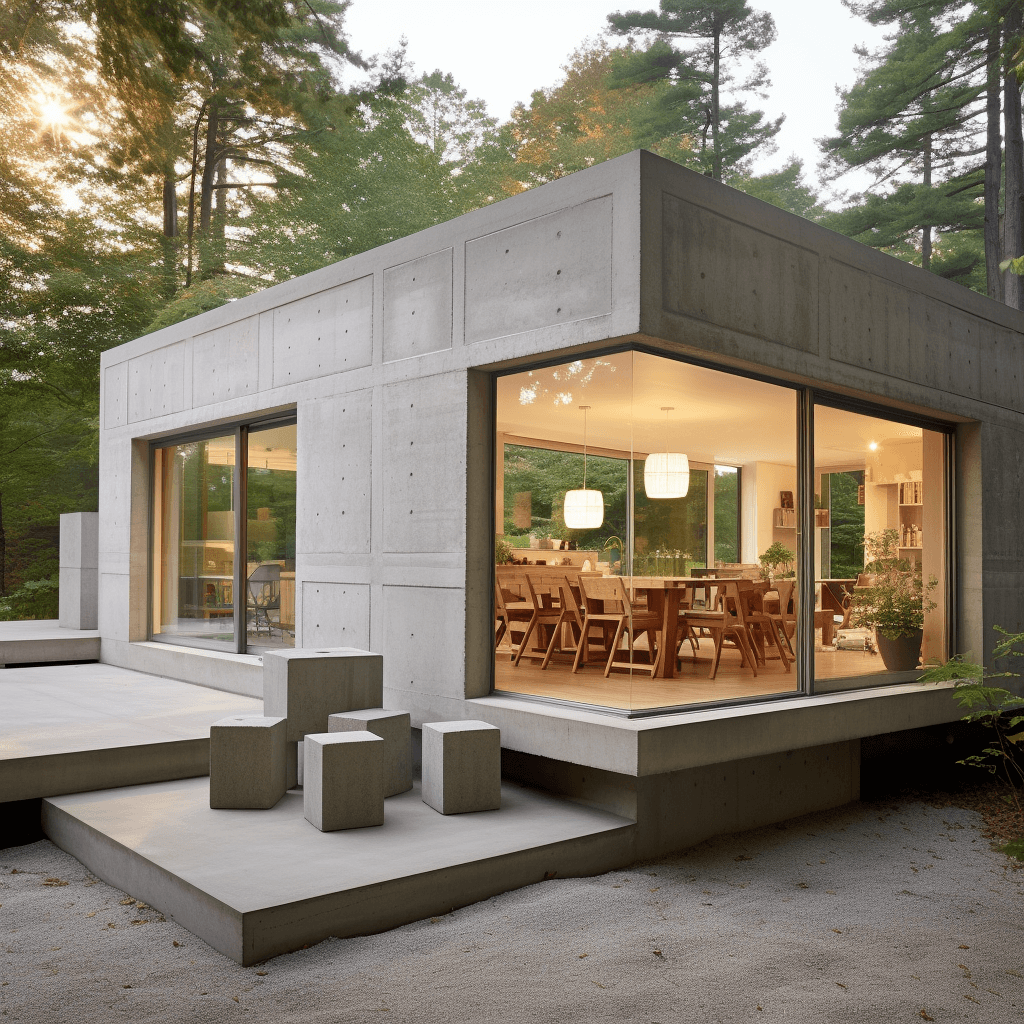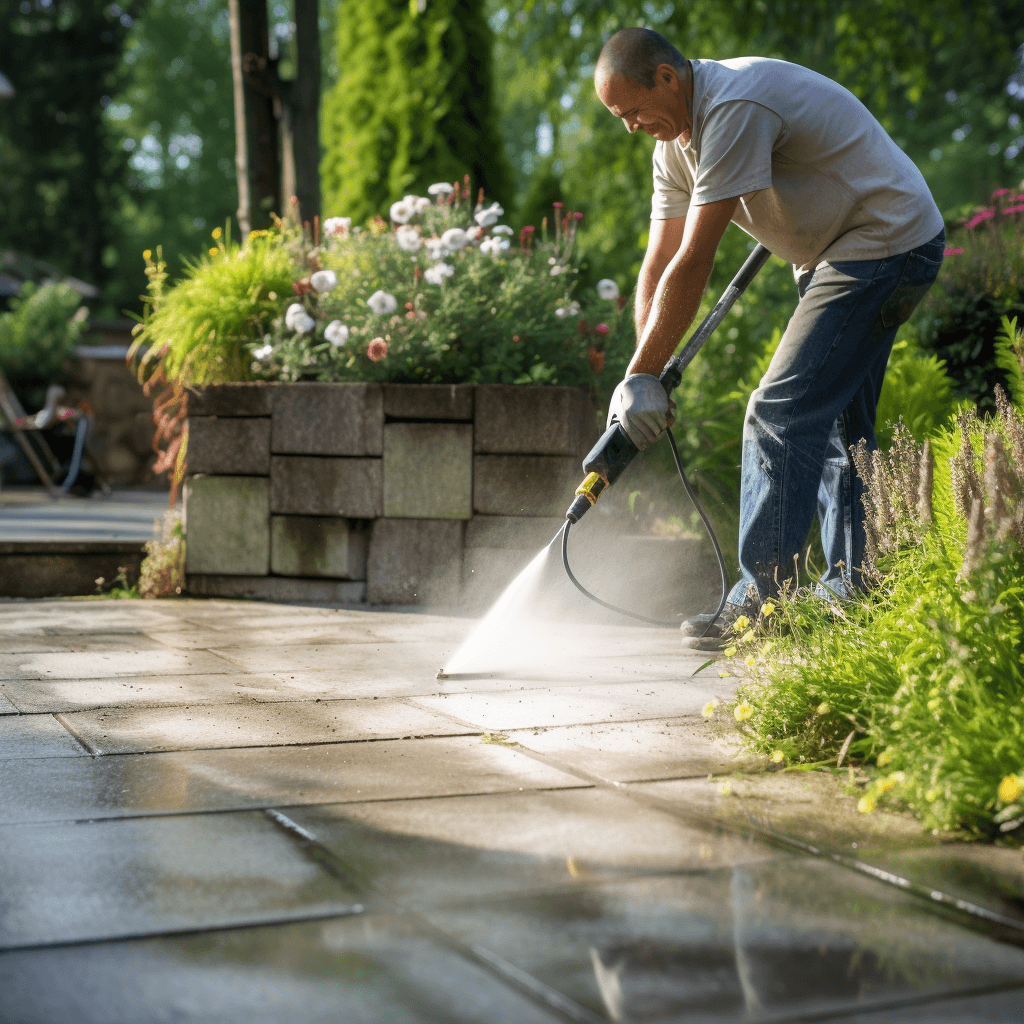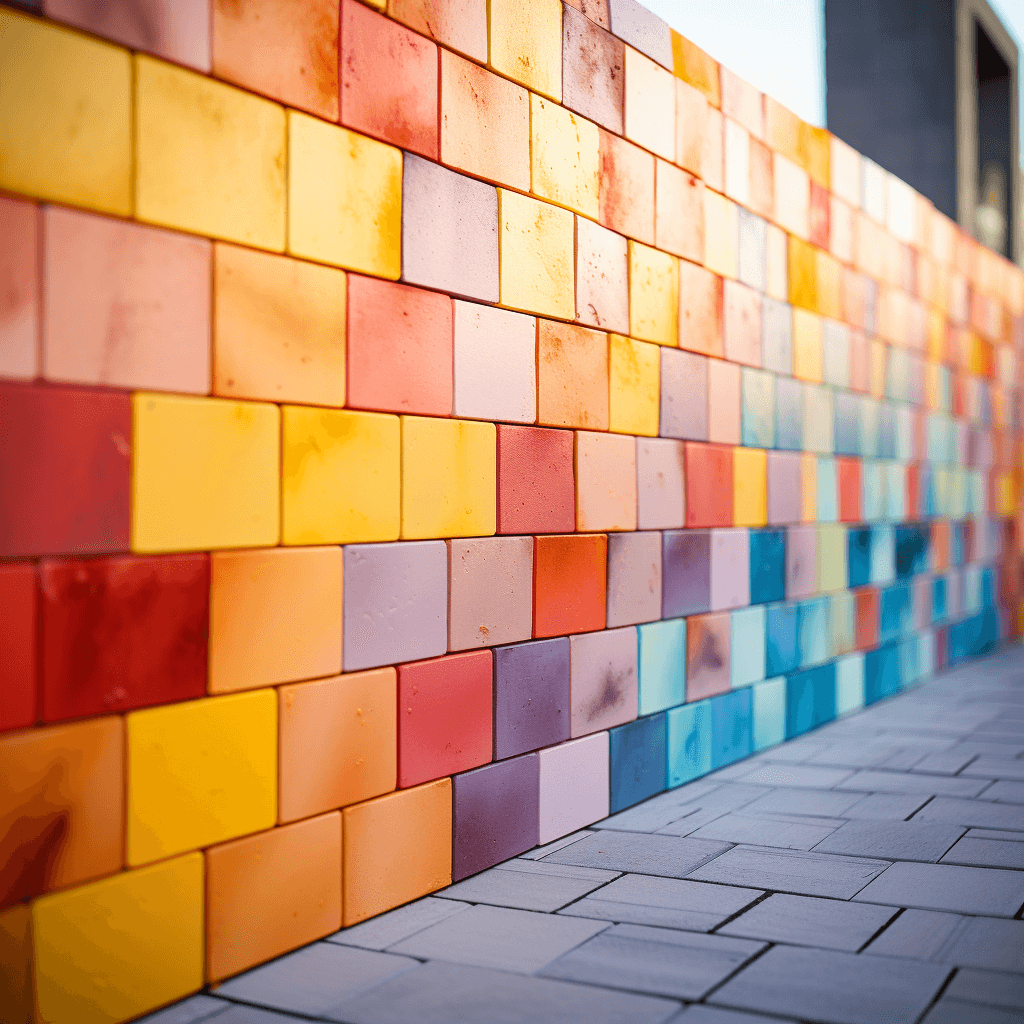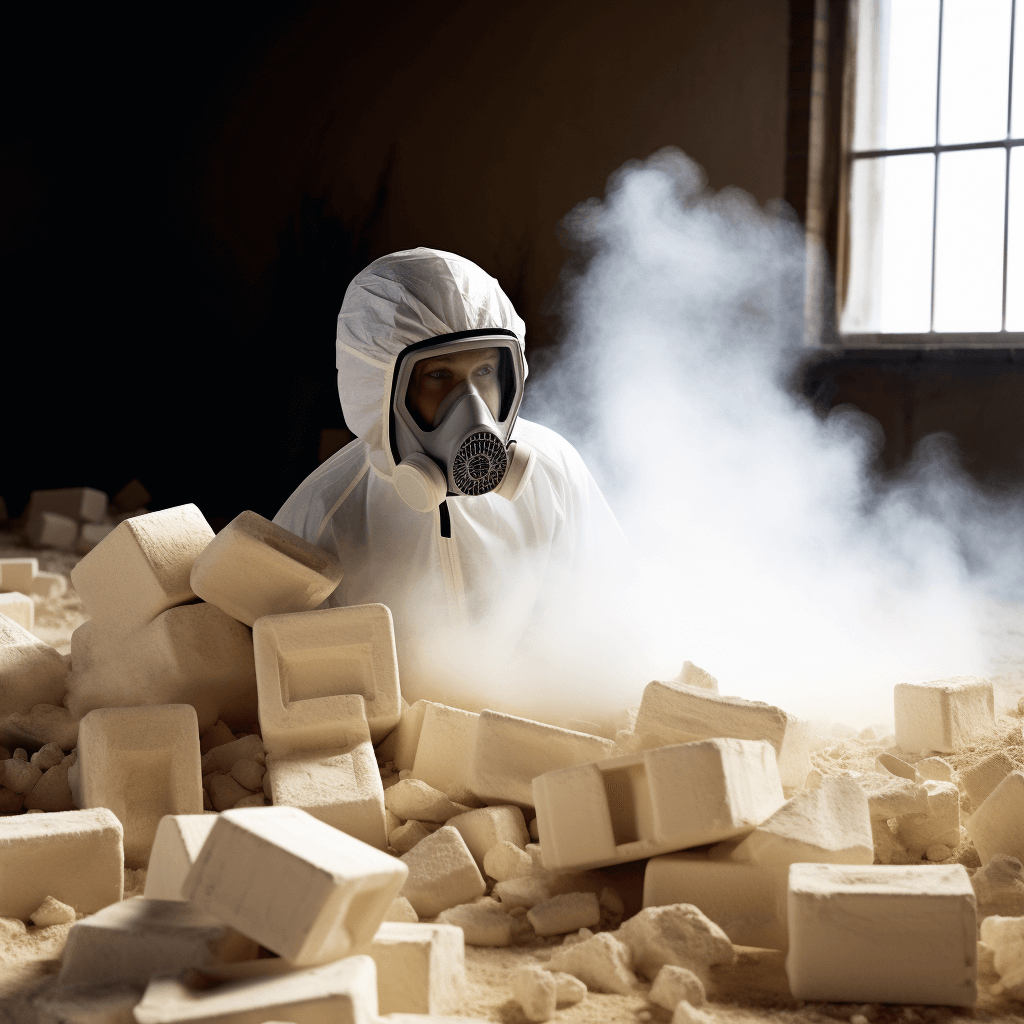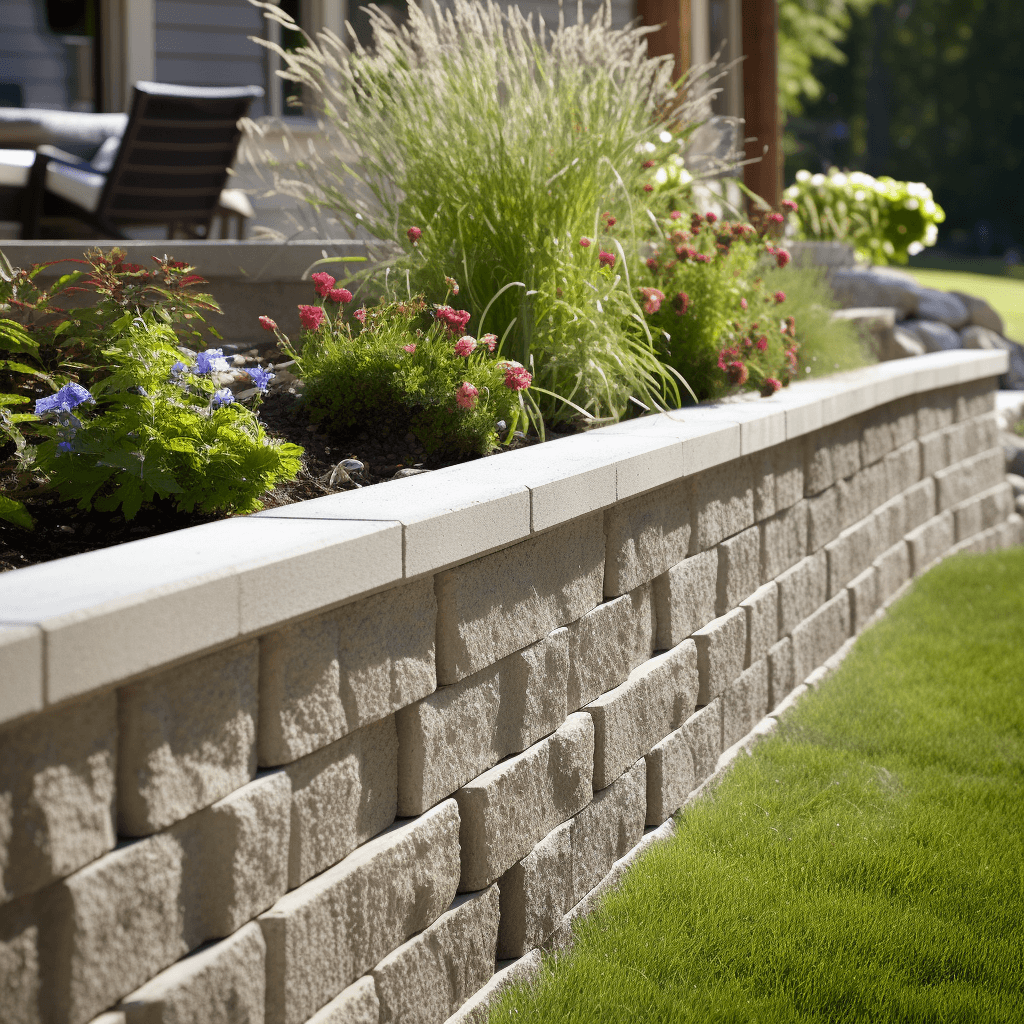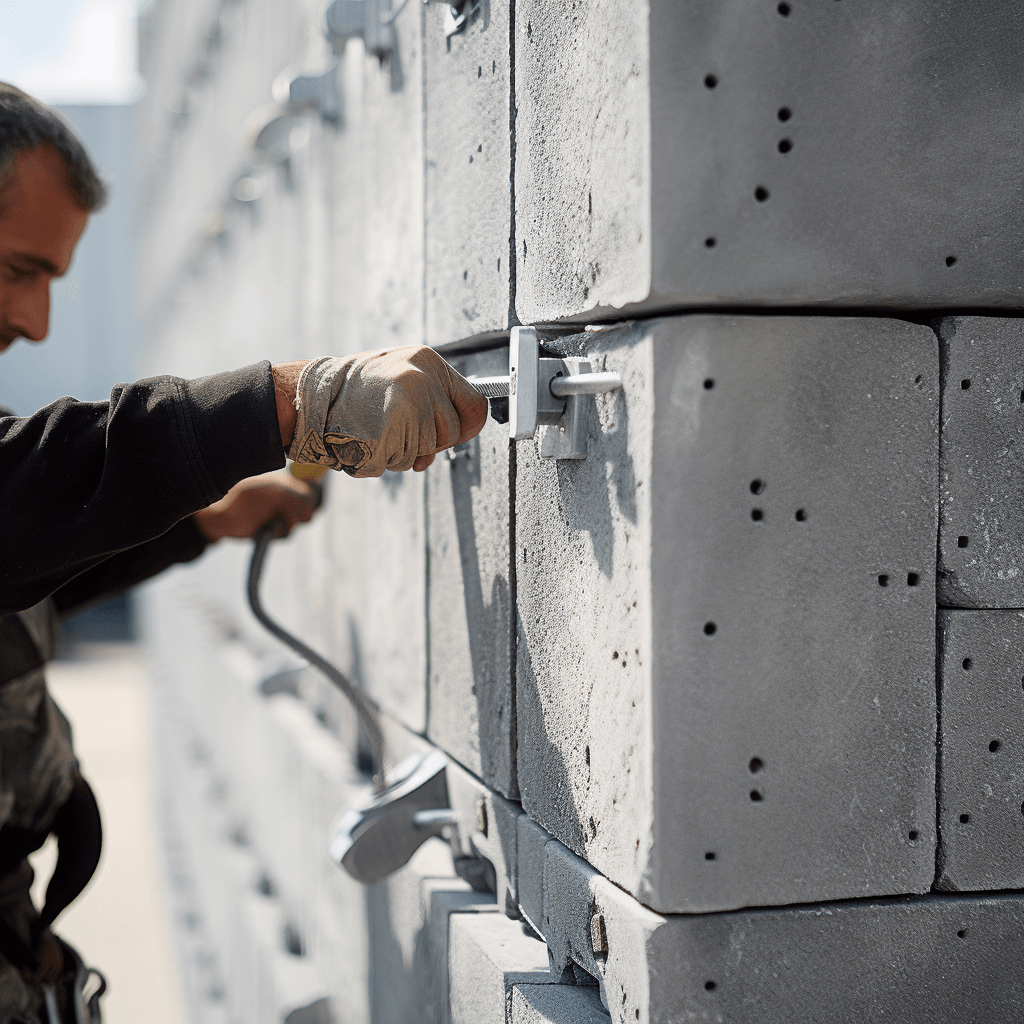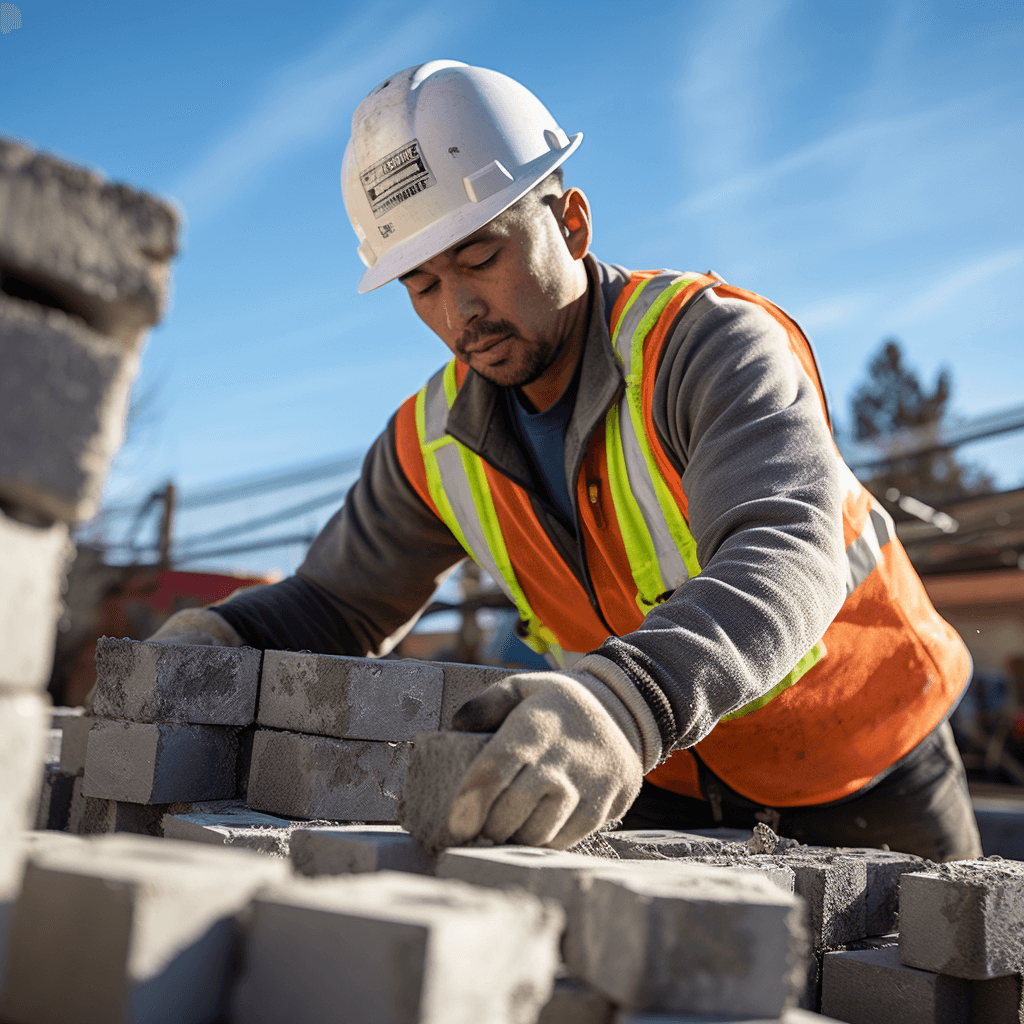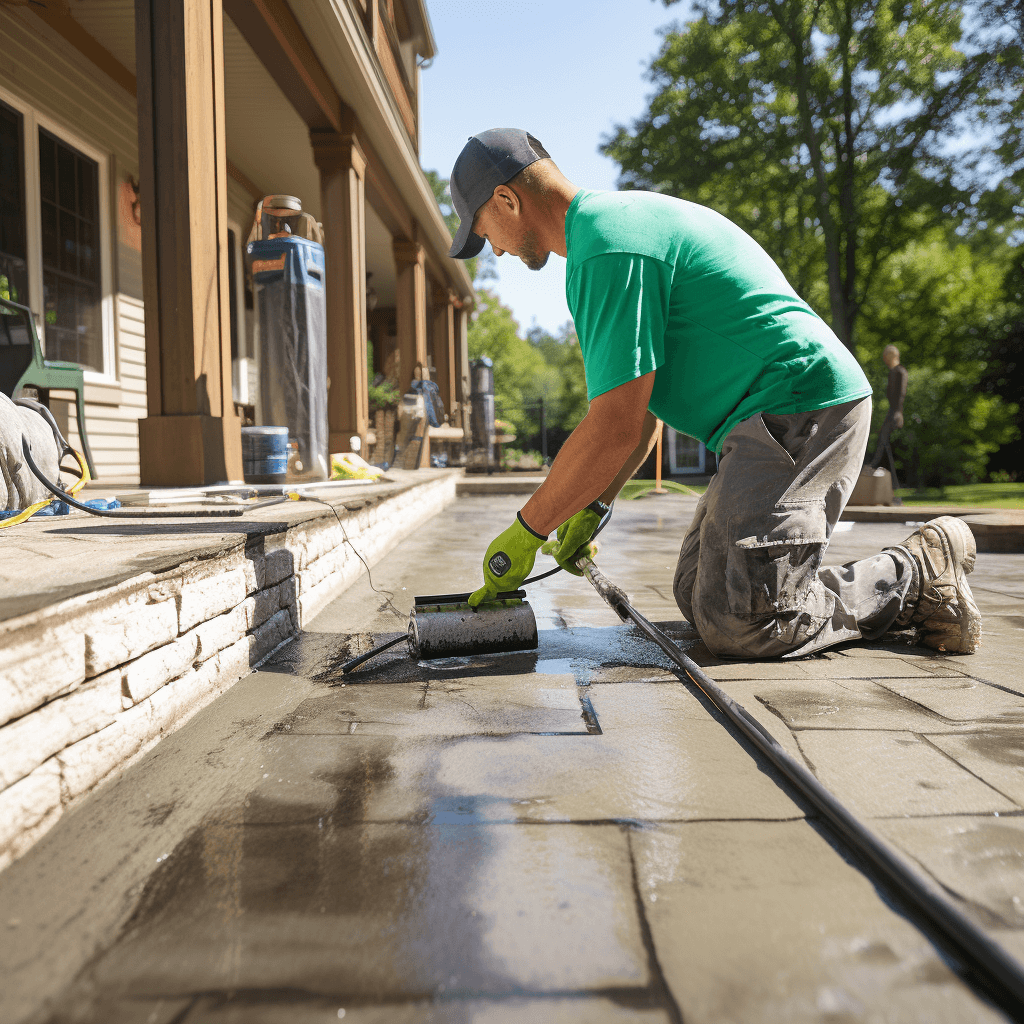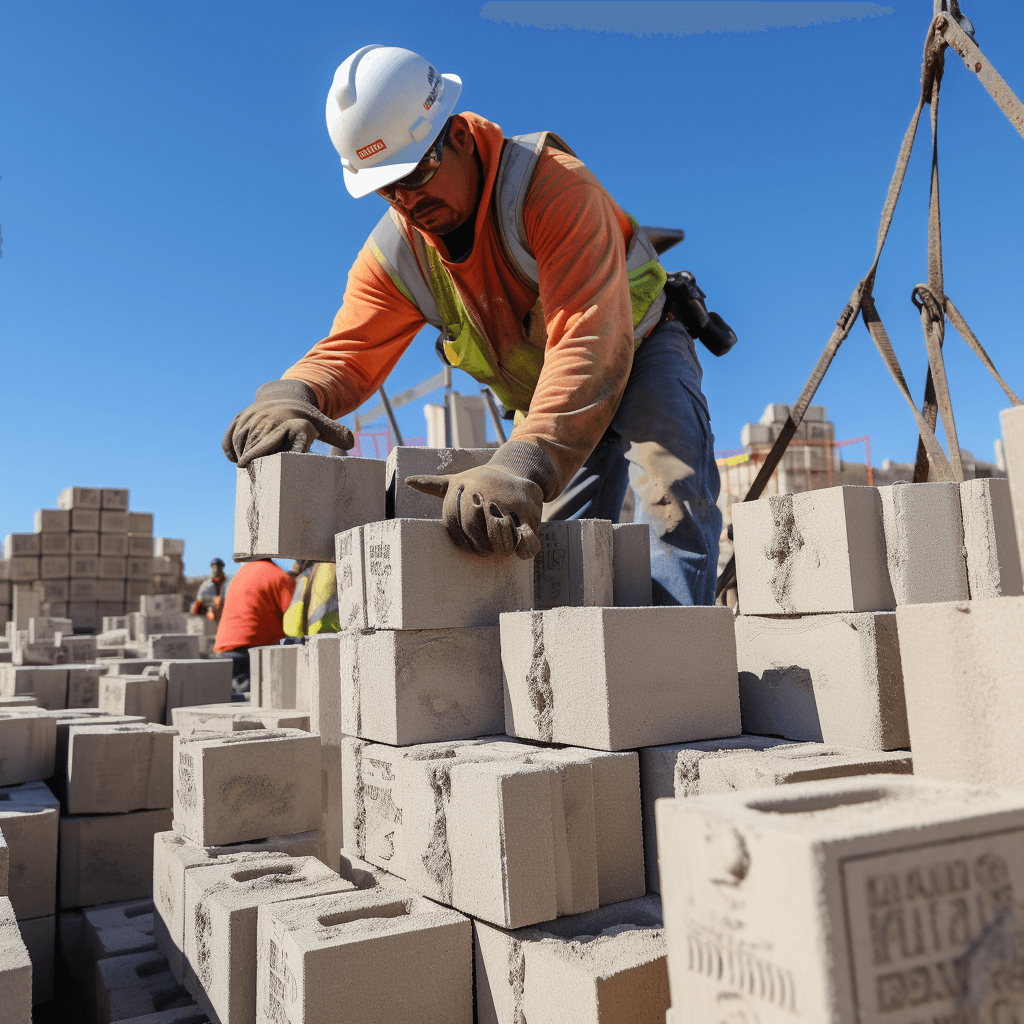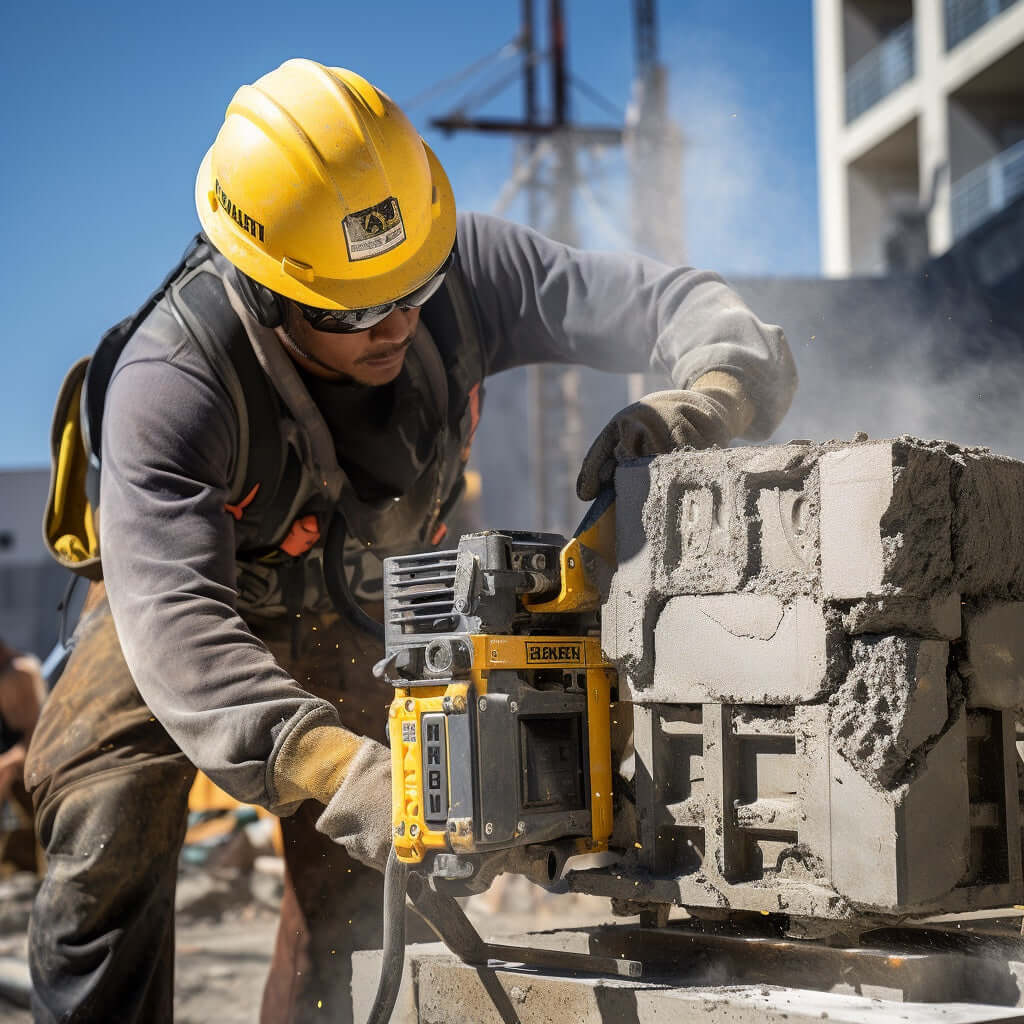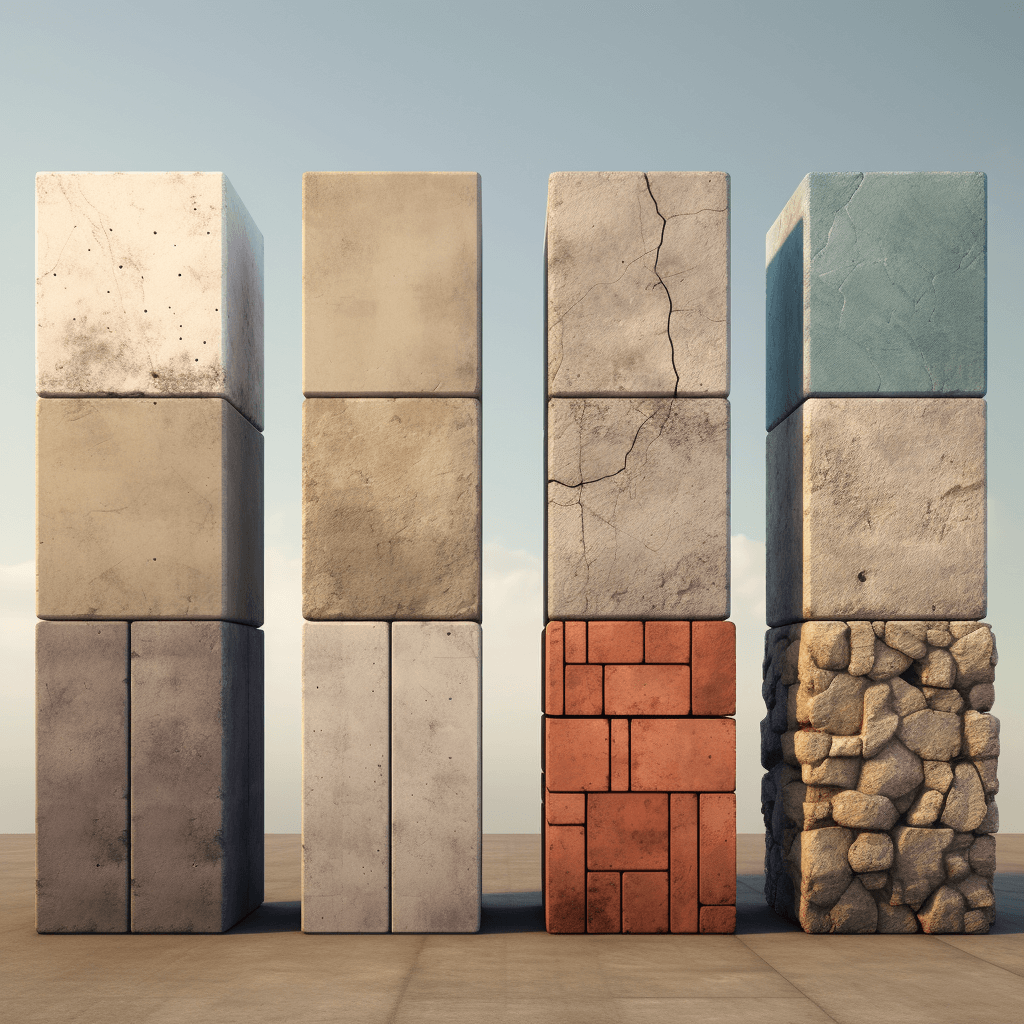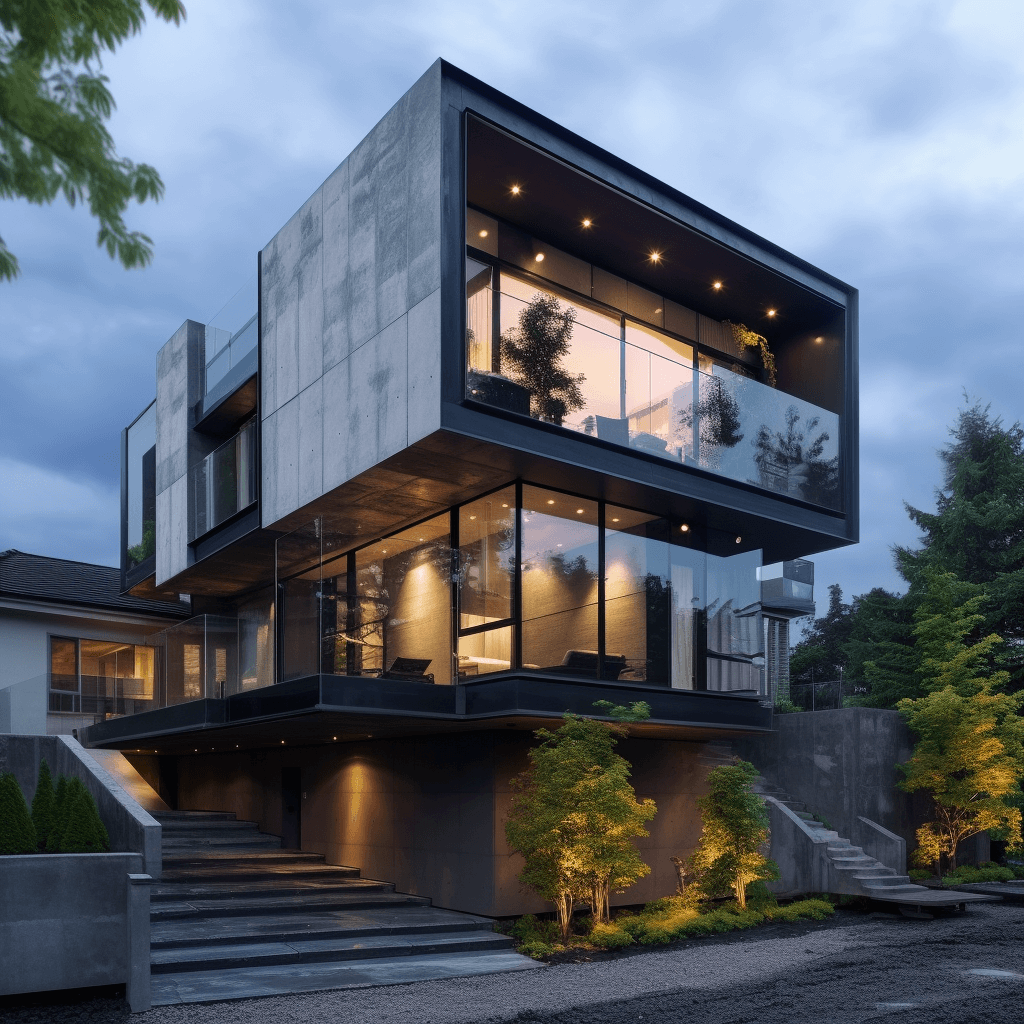Professional Concrete Block Installation : The Ultimate Guide to a Strong and Stylish Surface
Concrete blocks are a popular choice for construction projects of all sizes, from simple garden walls to multi-story buildings. With their strength, durability, and affordability, concrete blocks are a versatile and practical building material. If you're considering concrete block installation for your project, it's important to work with a professional contractor who has the expertise and equipment to ensure a successful outcome. In this section, we'll cover everything you need to know about professional concrete block installation, including the benefits of concrete blocks, the different types of blocks available, the installation process, and tips for maintaining your new surface.
Benefits of Concrete Blocks
Concrete blocks offer a variety of benefits, including :
- Strength : Concrete blocks are incredibly strong and durable, making them a great choice for structures that need to withstand heavy loads or harsh weather conditions.
- Affordability : Concrete blocks are a cost-effective building material, making them a popular choice for both commercial and residential projects.
- Versatility : With a wide range of sizes, shapes, and finishes available, concrete blocks can be used to create a variety of architectural styles and designs.
Types of Concrete Blocks
There are several types of concrete blocks available, each with their own unique characteristics and advantages. Some of the most popular types of concrete blocks include :
- Standard Blocks : Standard concrete blocks are the most common type of block, and are used in a variety of applications.
- Decorative Blocks : Decorative concrete blocks come in a variety of styles and designs, and are often used for accent walls, garden walls, and other decorative applications.
- Interlocking Blocks : Interlocking concrete blocks are designed to lock together, creating a strong and stable structure. They are often used in retaining walls, garden walls, and other outdoor structures.
The Concrete Block Installation Process
The process of installing concrete blocks can vary depending on the specifics of the project, but generally includes the following steps :
- Site Preparation : The site will be excavated and leveled, and any necessary drainage systems will be installed.
- Foundation Installation : A concrete foundation will be poured and allowed to cure.
- Block Laying : The concrete blocks will be laid in the desired pattern, and secured with mortar.
- Finishing Touches : Once the blocks are in place, any necessary finishing touches such as jointing, sealing, and cleaning will be completed.
Tips for Maintaining Your Concrete Block Surface
To ensure the longevity and beauty of your concrete block surface, it's important to take proper care of it over time. Here are a few tips for maintaining your new surface :
- Clean it regularly : Concrete block surfaces should be cleaned periodically to remove dirt, debris, and other contaminants.
- Seal it : Applying a sealant to your concrete block surface can help to protect it from damage and extend its lifespan.
- Address any damage promptly : If you notice any cracks or damage to your concrete block surface, it's important to repair them promptly to prevent further damage.
Conclusion
Professional concrete block installation is a great way to add strength and style to your property. By understanding the benefits of concrete blocks, the different types of blocks available, and the installation process, you can ensure a successful and long-lasting project. With proper care and maintenance, your concrete block surface can provide years of beauty and enjoyment.

